December – time to sum up the year’s results. By the end of 2018, in addition to journalistic materials, several dozens of analytical articles were published on the CABAR.asia portal. We hope that they have revealed actual issues and questions of the Central Asian region, gave a look at some things from other angles, broadened the horizons, and simply helped to spend time with benefit. If you missed something worthwhile, we present you a review of the eight best analytical articles of 2018.
In selecting the best publications of 2018, we took into account the number of views of the material, its popularity in social networks. See also: Central Asia through the eyes of CABAR.asia journalists: the best from 2018Follow us on LinkedIn!
New Stage of Central Asian Cooperation: Why is Top-down Approach Dangerous?

Author: Yury Sarukhanyan – participant of CABAR.asia School of Analytics
How the top-down approach hindered the integration process in the region in the end of 1990s – early 2000s, how the similar process is reflected in the modern stage and what instruments can be used to ensure the effective cooperation in the long-term? Русский EnglishMistakes and Lessons of the «Fifth» Power Transfer in Kyrgyzstan
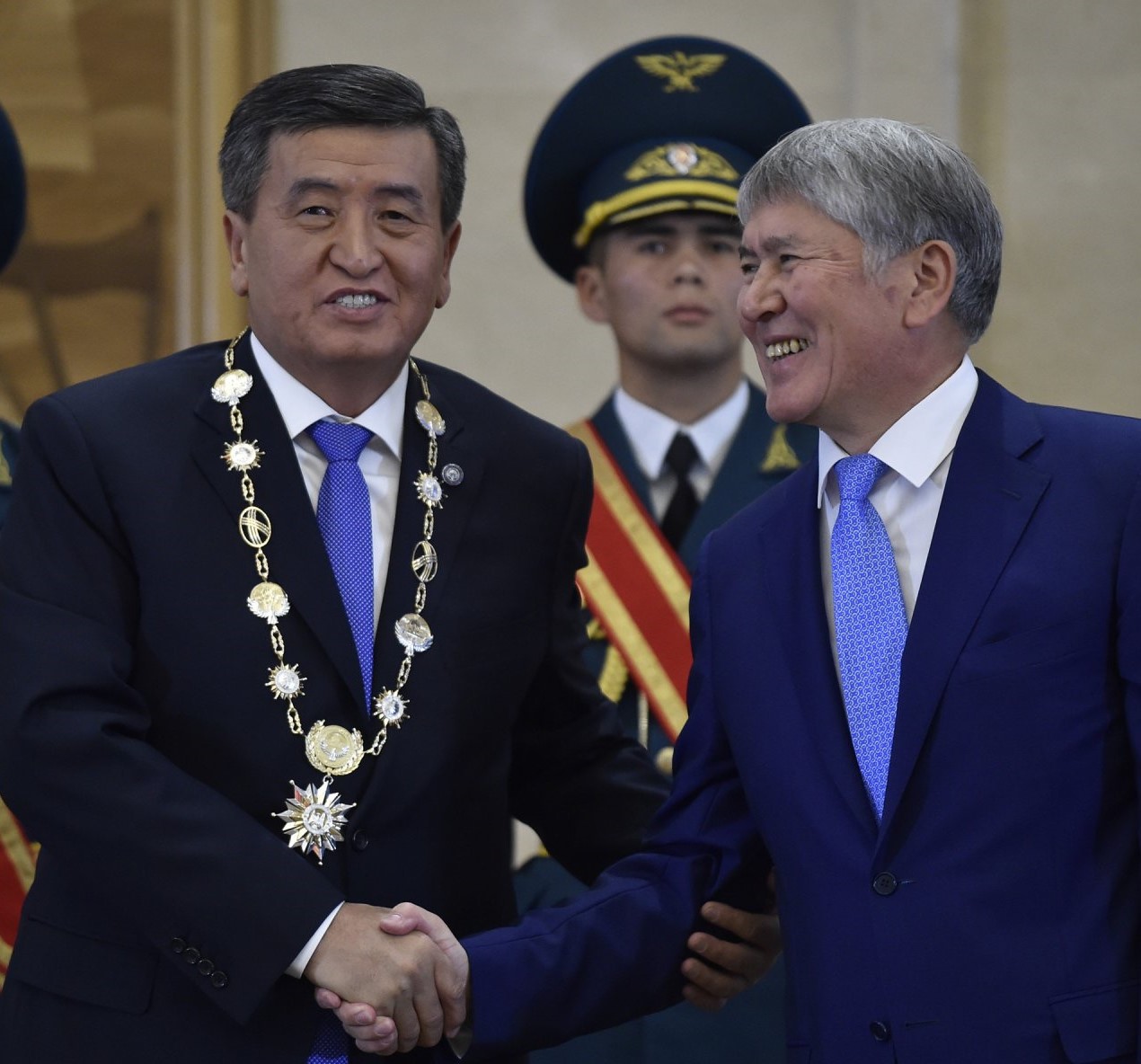
Author: Emil Juraev
Four ex-presidents preceded the process of presidential transition from Almazbek Atambayev to Sooronbay Jeenbekov, and each case left important lessons – some were learned, some were half-forgotten. This fifth transition should be considered in a comparative manner with the previous ones; that is, as a regular process, the course traced its predecessors in many respects. Русский English КыргызчаTajikistan: Opportunities and Potential of the United Opposition
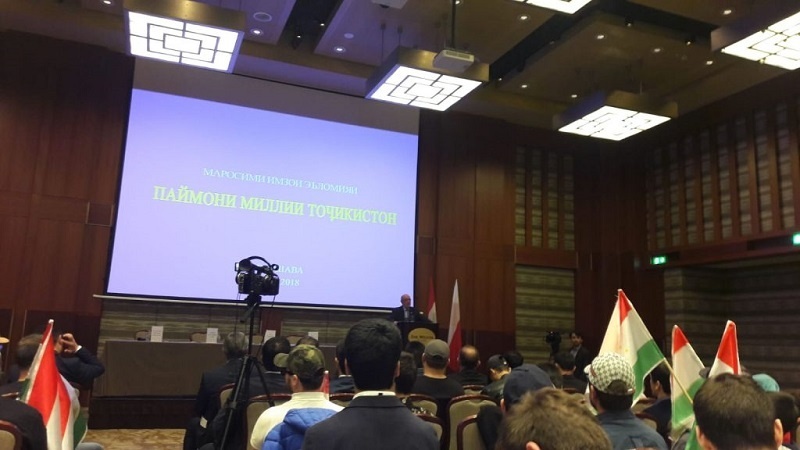
Author: Khursand Khurramov
Opposition figures in Tajikistan attempted to unite for the second time after the end of the civil war to achieve political goals. Despite this event was held outside the country, the mere fact of the unification of certain opposition groups actualizes the issue of necessity to study its activities, motives and political perspectives. Русский English ТоҷикӣKazakhstan: Why Local Elections will be Based on Party Lists Now?

Author: Mereke Gabdualiev
The constitutional law adopted in Kazakhstan has made the elections to maslikhats controllable by local executive bodies. A transition to the proportionate model of election of maslikhat deputies bears political risks for regional development and in future can lead to a constitutional default. Русский English ҚазақшаTurkmenistan: How Citizens Obtain Information in a Restricted Environment
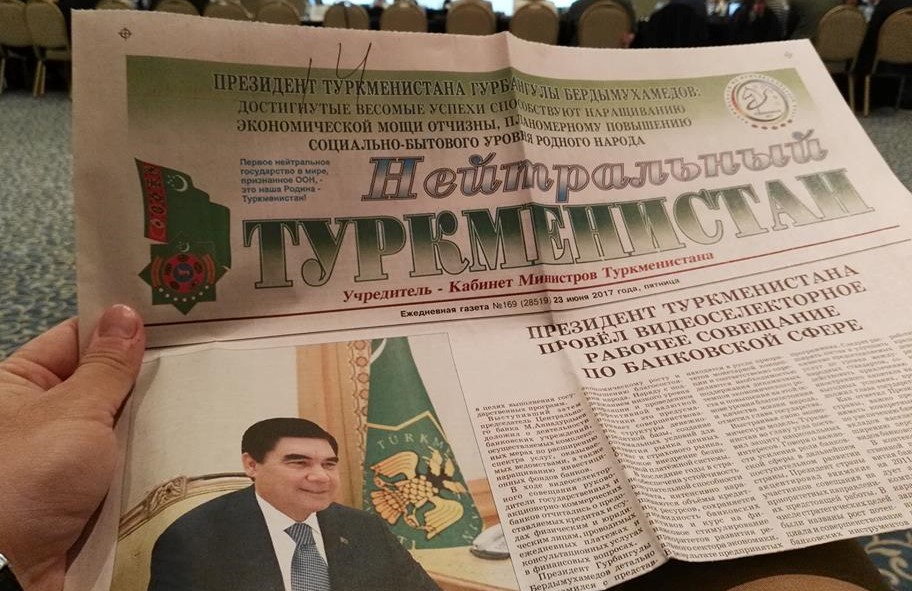
Turkmenistan, along with other properties of an authoritarian state, is known for its suspicious attitude towards exchange of information. The country practices strict media censorship, the police disapprove of photo and video shooting, and public statements by citizens can lead to real consequences. This article studies the processes of information exchange in Turkmenistan, where flexible and curious processes of communication emerge within a rigid and restricted information environment.
Русский English
Author: Dilmurad Yusupov – participant of CABAR.asia School of Analytics
In Uzbekistan, which is a low-income economy, the share of registered people with disabilities among the country’s population has fluctuated at around 2-3 percent over the past ten years. Why is there such a big gap between national and international prevalence of disability? What factors influence the measurement of disability indicators in Uzbekistan and how best to collect disability statistics? Русский O’zbek tilidaKyrgyzstan: What’s Wrong About Parliament?
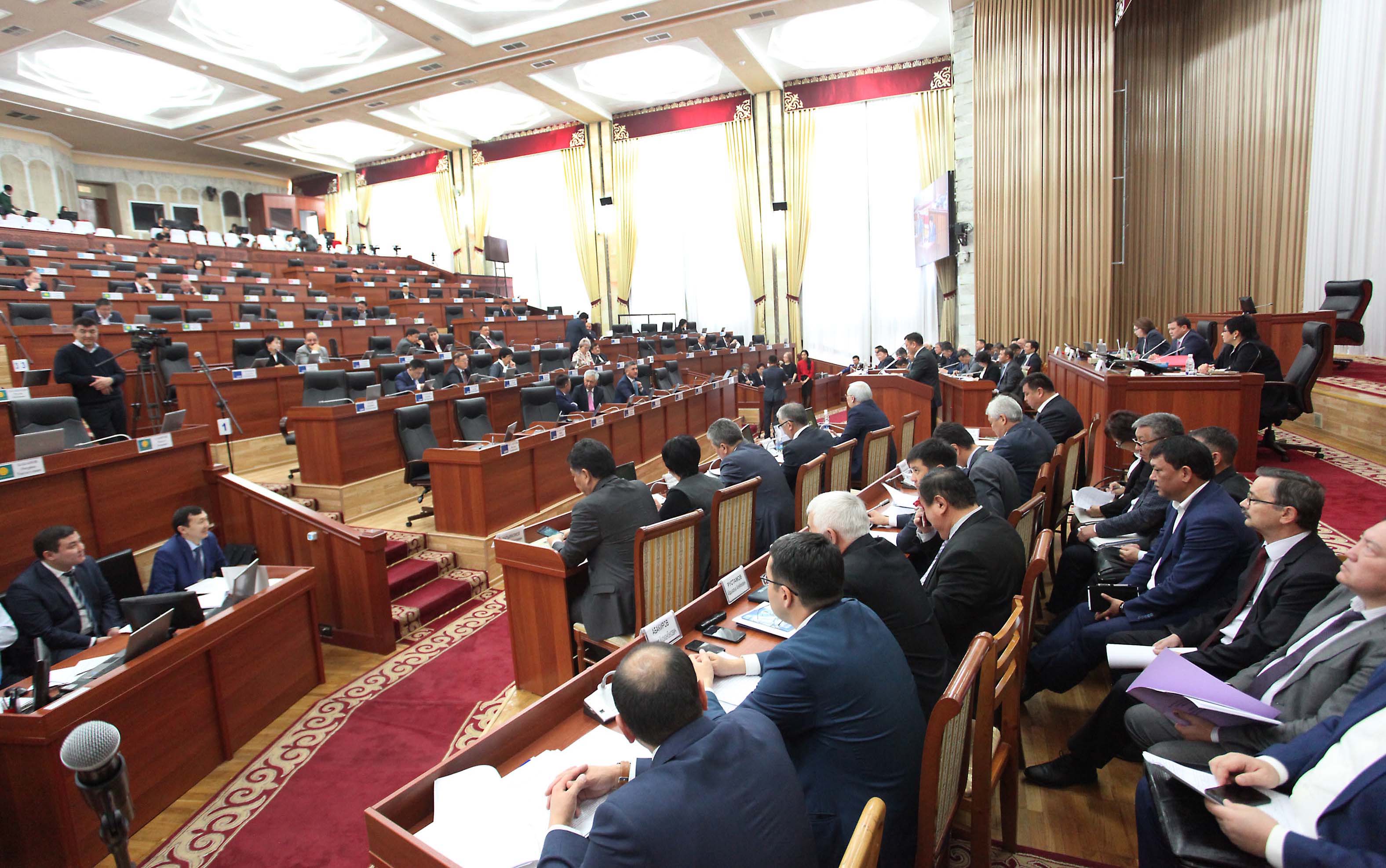
Author: Sheradil Baktygulov
In 2020, Zhogorku Kenesh of the Kyrgyz Republic will be celebrating ten years of its work under the new 2010 constitution, with new powers of the legislative and executive branches of government. The majority of comments by local and foreign media agree that MPs fail to cope with their duties successfully. Fewer people claim successful parliamentary reform and performance of MPs. The discussions are logical, but how true are they? Русский English КыргызчаThe summer school of young analysts launched further regional cooperation
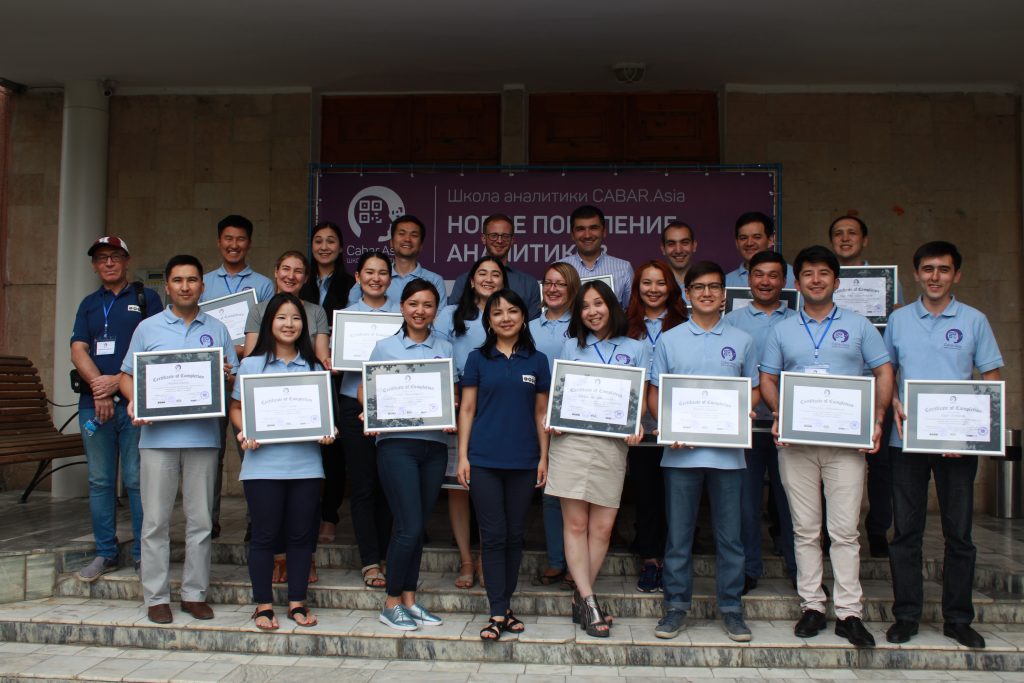
The IWPR office in Central Asia, together with the OSCE Academy in Bishkek, successfully conducted a summer program for young analysts within the framework of the CABAR.asia School of Analytics.
For seven days, participants received knowledge of writing analytical articles, policy papers, including studying the newest programs for collecting, processing and visualizing materials. Both Central Asian and international specialists acted as trainers.
